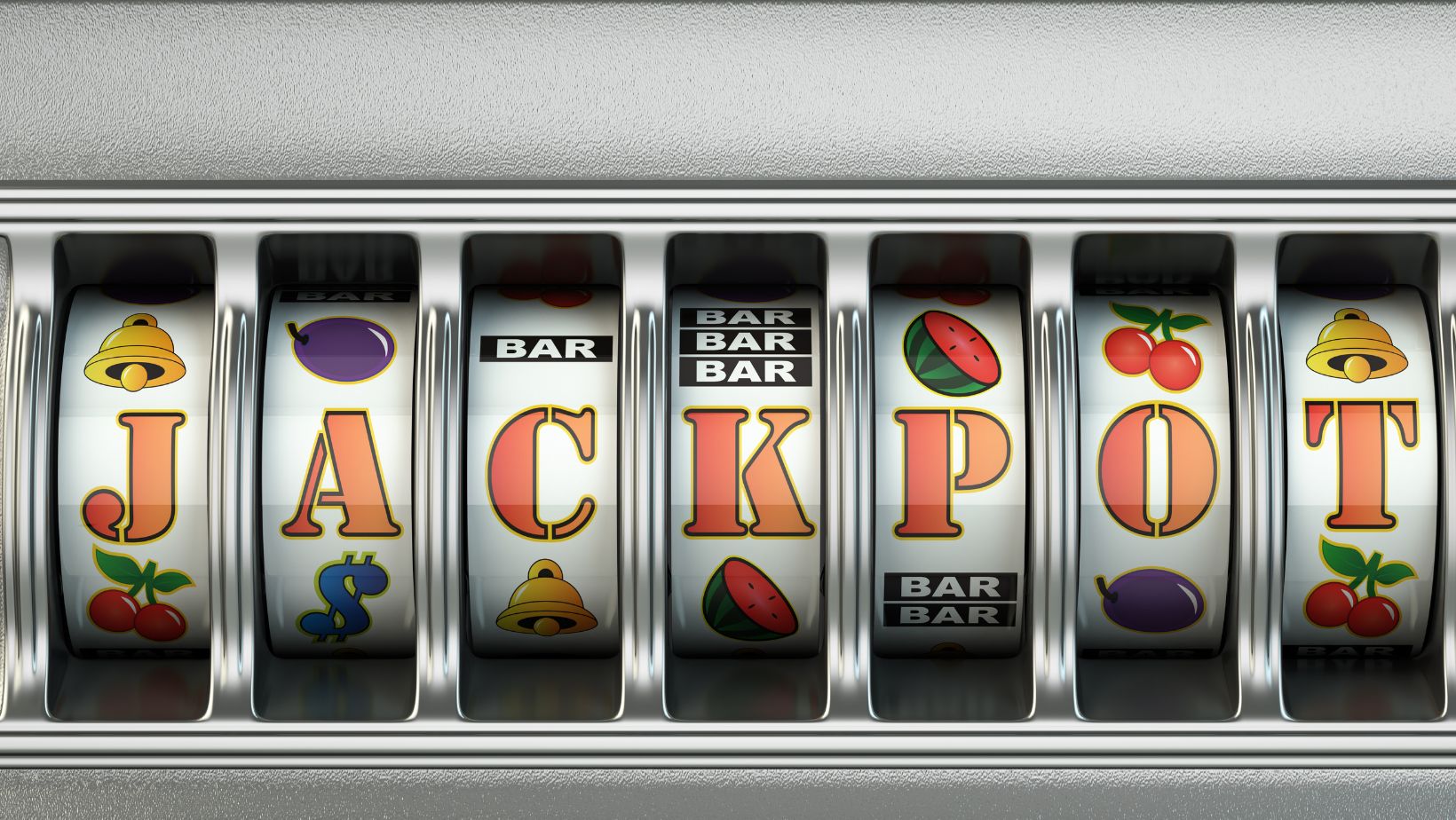The sights and sounds of a busy casino floor are specifically engineered to enthral patrons. While the dazzling lights and vibrant colors of slot machines attract the most attention, audio effects play an equally important role. Every melodic tone, from spinning reels to clinking coins, helps put players “in the zone” by promoting the release of feel-good chemicals in the brain.
Science Behind Casino Sounds
Decades of research have shown that certain sounds subconsciously raise dopamine, serotonin, endorphins and oxytocin levels. These are responsible for sensations like pleasure, satisfaction and trust. The ability of music to influence people on such platforms as casino Richard emotionally and physically is called sonic branding.
Casino sound technicians leverage this concept to essentially “hack” the human reward system. Their goal is to encourage continued gambling by associating musical cues with winning. This conditioned response causes players to overestimate their chances of success.
| Chemical | Effect | Related Sound |
| Dopamine | Motivation, desire | Spinning reels, suspenseful music |
| Serotonin | Positivity, wellbeing | Chimes, cymbals, harmonies |
| Endorphins | Euphoria, excitement | Coins clinking, celebratory jingles |
| Oxytocin | Social bonding, loyalty | Background chatter, communal slots |
While bright lights and vibrant colors attract attention, audio effects trigger emotional and physical responses that enhance the gambling experience. Players unconsciously connect certain sounds with pleasure and reward.
Typical Slot Machine Sounds
Most modern multiline video slots feature an intricate symphony of various sound elements. These are usually divided into three categories: constant background noise, regular gameplay sounds and celebratory win cues.
- Ambient Casino Noise – A low-volume medley of lively casino commotion plays in the background. Patrons chatting, cards shuffling, dice rolling, slots chiming, etc. This subconsciously puts players at ease by mimicking a bustling gaming floor.
- Spinning Reels – A suspenseful musical flourish plays as reels spin. Tension builds until they land on a random combination of symbols with an abrupt clacking sound. Spinning reels are the most common slot sound effect.
- Coins Clinking – A digitized version of coins dropping into the tray plays with every small or medium win. This causes a dopamine rush by connecting payouts with real money in players’ minds.
- Big Win Jingles – Brief celebratory ditties play during larger wins, especially bonus rounds or jackpots. Jaunty tunes, party kazoos, cymbal crashes heighten the euphoria of success. Their catchiness also promotes loyalty and social bonding.
In addition to these core elements, some slots have appropriate special audio for their themes. For example, jungle-themed games may feature bird chirps or lion roars. However generic sound effects like chimes and harps are ubiquitous.
Psychological Impact on Players
The influence of slot machine audio can be broken into short and long-term effects. At the moment, sound helps players feel rewarded, engaged and willing to continue gambling. Over time, it conditions their brains to associate slots with positive emotions.
- Triggers Chemical Reactions – As established earlier, audio cues stimulate activity in the brain’s pleasure and reward centers. Chimes trigger dopamine release, while victory tunes promote endorphins and oxytocin. These make playing more compulsive at the moment.
- Influences Emotions – Sound effects elicit excitement during gameplay and happiness after wins. Background chatter provides a feeling of community. Altogether, audio puts players in a positive state of mind conducive to more spinning.
- Creates Associations – The brain starts connecting certain slots sound effects with winning money. These conditioned responses persist long-term, so audio triggers urge players to return even if they lost money previously.
- Promotes Loyalty – If players have a big win accompanied by a catchy musical jingle, that tune and machine stick in their memory. The sound becomes a fond reminder that incentivizes them to play again in hopes of hearing it.
By leveraging psychology and neuroscience in this way, slots audio makes the gaming experience more appealing.

Players may underestimate the calculated nature of casino sound design in stimulating continued gambling.
Composing Addictive Audio
While slot machine sound effects seem basic on the surface, professional technicians carefully engineer them to maximize appeal. Their goal is to make audio both attention-grabbing at the moment and memorable long-term.
- Rhythmic Reels – Spinning reels are given musical properties, including tempo, pitch and melody. As reels decelerate to a stop, the music builds tension. When symbols land, they sync precisely with a melodic resolution for satisfaction.
- Harmonious Music – Background tracks feature pleasant major key signatures at 60 to 72 beats per minute. This subtly raises oxytocin levels to help players relax and feel safe. Familiar instrument samples like piano, strings and chimes are utilized.
- Variable Outcomes – The sounds for winning or losing spins are designed differently. Wins trigger pleasant chimes and cymbals to celebrate success. Losses use lower pitched wind and bell tones to minimize disappointment.
- Earworm Ditties – While win jingles last just 2–3 seconds, they use highly melodic major pentatonic scales. These predictable tunes with “hooked” endings stick in players’ minds and condition positive associations.
- Personalized Audio – Many slots allow customizing sound effects, so players hear their preferred set. Choices include traditional machine noises or more modern digital effects. This sense of control also promotes loyalty.
Masterfully incorporating such tactics allows slot composers to subliminally manipulate the player experience through audio cues alone. Of course, visual design also plays a key supporting role.
The human mind can unconsciously attribute musical properties with specific emotions and behaviors. Casino sound designers leverage this to make slots more addictive. While players feel they are objectively in control, science-backed audio cues influence them to gamble more. Ultimately, operators profit from this sense of euphoria and reward triggered by nothing more than skillfully engineered bings and dings.

